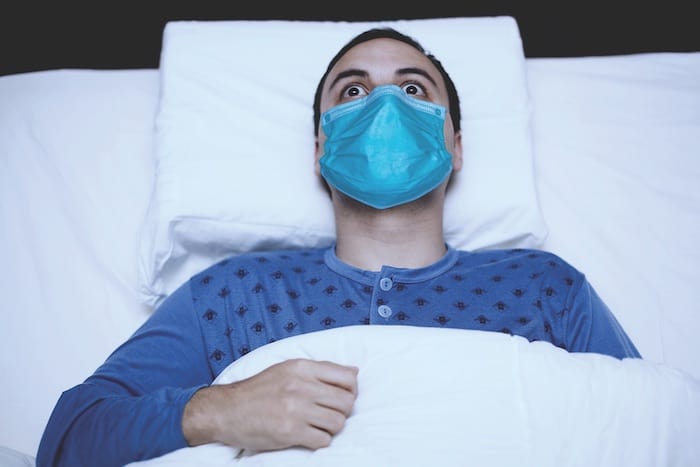
Whether we’re sleeping longer, shorter, better or poorer, the coronavirus pandemic has made a difference in many people’s sleep patterns around the world.
According to a May 26 article on the World Economic Forum website, sleep is no longer what it used to be. The following are five ways the pandemic has affected our sleep.
1
We’re sleeping longer. BedTimes reported on this trend in May, and data from wearables continues to show people are getting more rest. The French seem to be getting the most extra minutes — more than 20 each night — while Germans have the smallest increase in sleep, with eight additional minutes a night.
2
We’re not setting an alarm. A third of Britons report no longer getting up to an alarm in the morning. The reason? The morning routine of getting everyone ready and out the door is no longer happening. Instead of rising at 6:18 a.m., on average, Brits are getting up at 7:06 a.m., the article said.
3
We’re going to bed later. Christopher Meinrenken, a physicist from Columbia University, has been studying electric meter data from New York apartments. He told The New York Times that residents were using as much as 25% more energy — including more at night.
4
We’re having strange dreams. The Center for Neuroscience Research in Lyon, France, is joining several research institutions around the world studying the vivid dreams people are experiencing during the pandemic. It has found a 35% increase in dream recall and a 15% increase in negative dreams. Neuroscientists say an increase in stress leads to more vivid dreams, and frequent wake-ups lead to higher dream recall. Another theory hypothesizes that the tedium of days in lockdown causes the brain to dig deeper into the subconscious for imagery, the article said.
5
Some of us are struggling to sleep at all. In the United States, the number of prescriptions filled for sleep disorders jumped by almost 15% between February and March, according to Express Scripts, a St. Louis-based provider of prescription plans. In the U.K., a survey by Ipsos Mori, a London-based market research company, found that 38% reported sleeping less or less well than normal. Insomnia could be the result of increased cortisol, a stress hormone, the article said.



